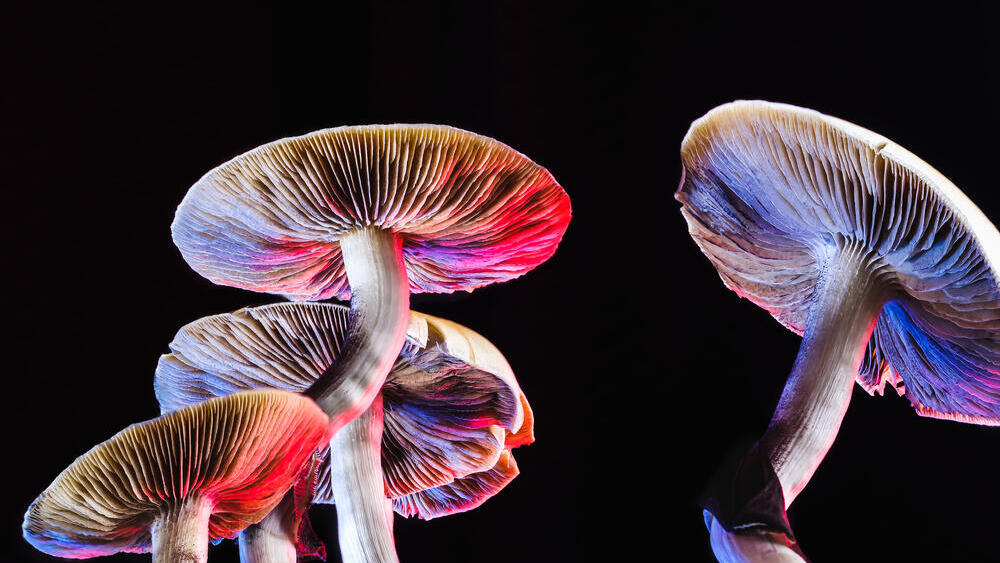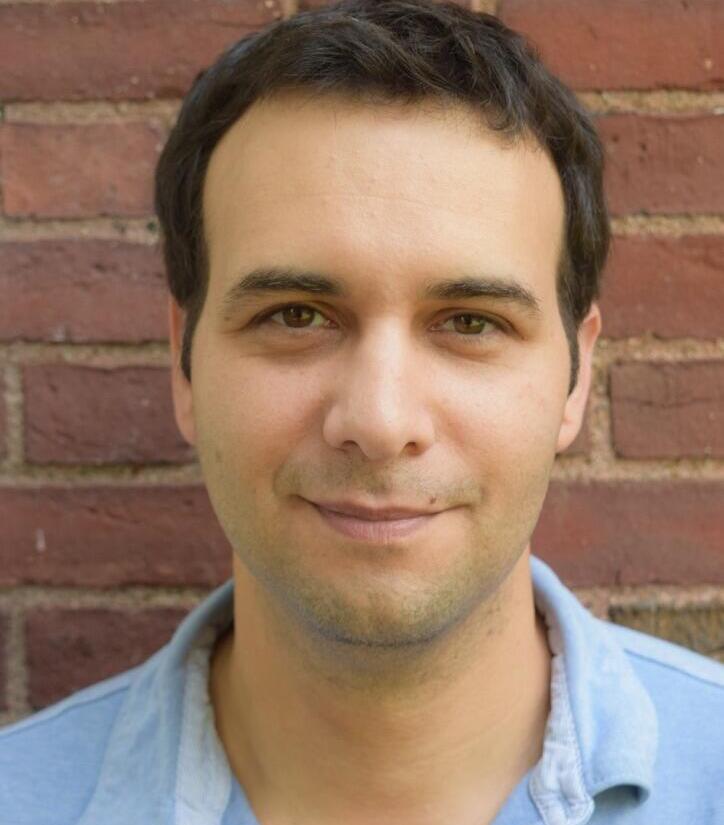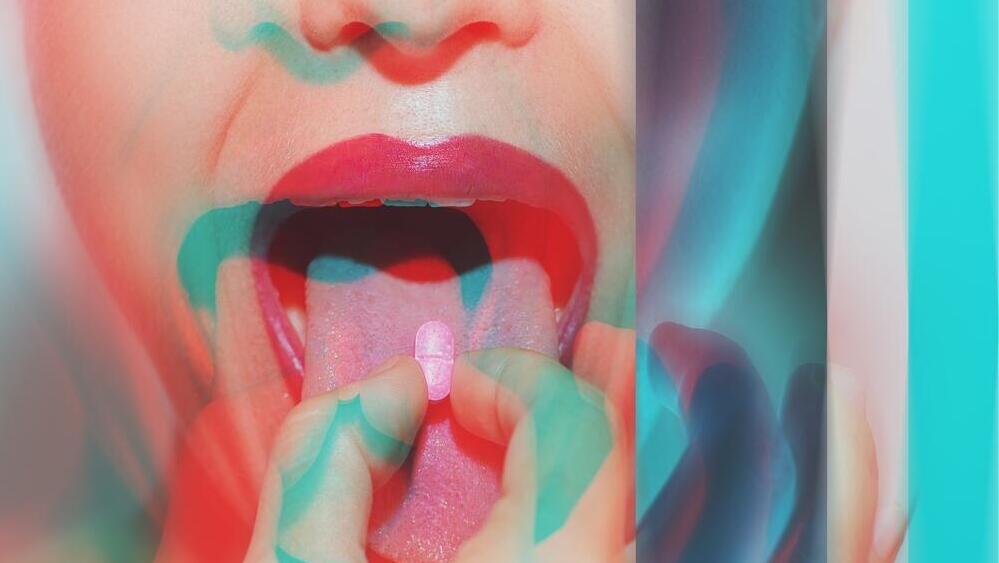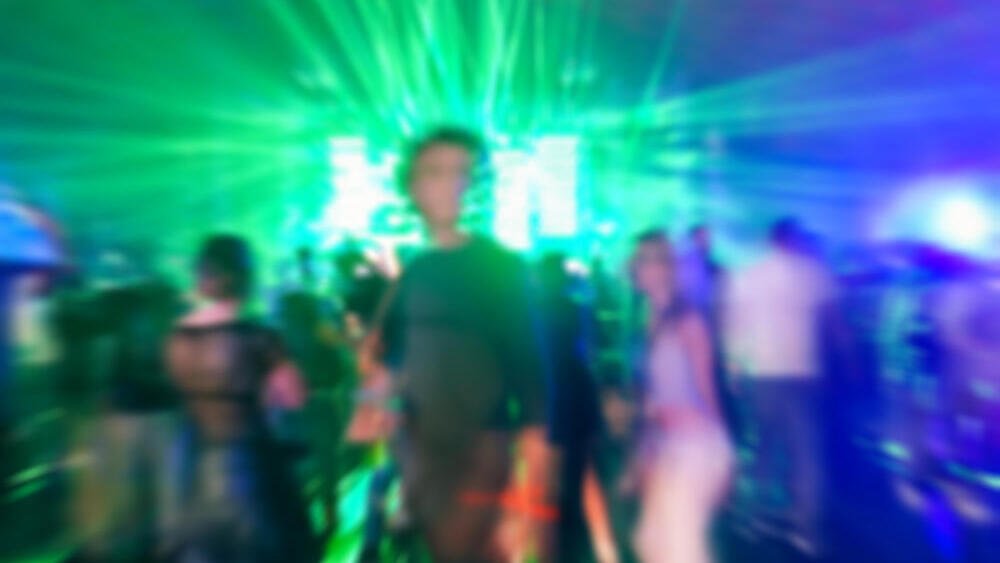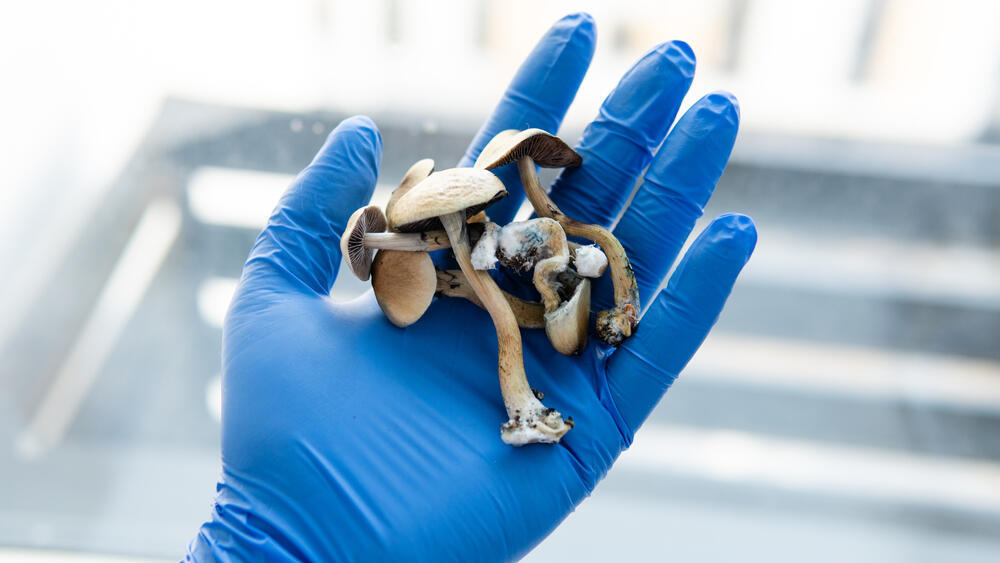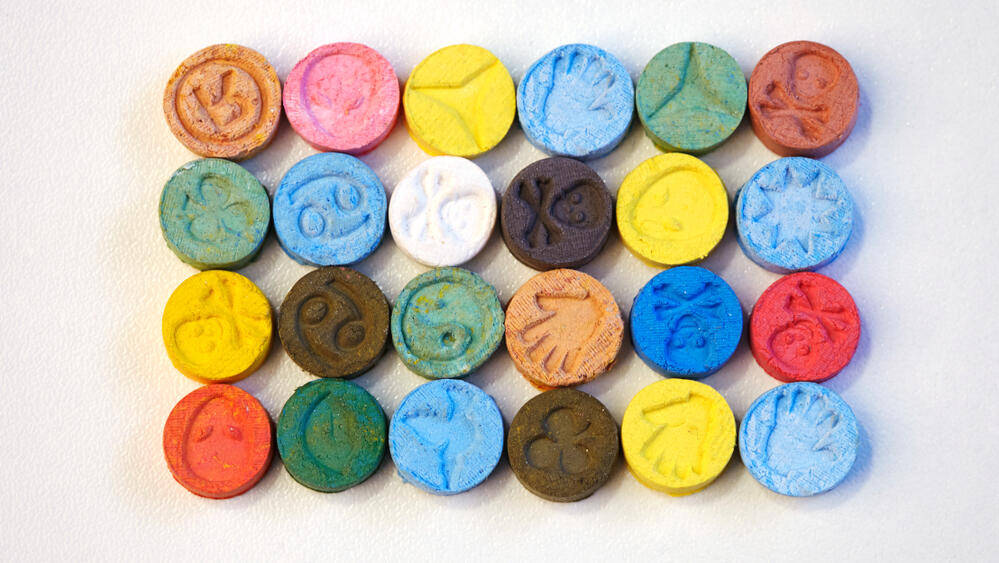Getting your Trinity Audio player ready...
In a groundbreaking yet controversial move, the Australian Therapeutic Goods Administration (TGA) recently authorized the medical use of psychedelic substances for the treatment of mental disorders, specifically post-traumatic stress disorder (PTSD) and treatment-resistant depression.
Read more:
This breakthrough has the potential to revolutionize the treatment of various psychiatric disorders and allow psychiatrists to incorporate MDMA (ecstasy) and psilocybin mushrooms into therapy sessions.
"This decision reflects the evolving policy and law changes worldwide regarding the use of these substances in the treatment of various mental disorders," explains Dr. Ofir Livne, a psychiatrist and Assistant Professor of Psychiatry at Columbia University's Department of Psychiatry.
"In recent years, research findings from animal studies and controlled clinical trials on humans have demonstrated potential therapeutic benefits of psychedelic substances, either as standalone treatments or in addition to conventional therapies, in reducing symptoms of various mental disorders such as depression, substance addiction (with a focus on alcoholism), social anxiety and PTSD."
This development has already sparked debate within the international medical community: Is this treatment safe? Who is it suitable for? What are the implications of using these substances, which are classified as illegal drugs? And for Israelis, what are the chances of this treatment being approved here as well?
What are MDMA and psilocybin?
These two psychedelic substances are known as recreational drugs: MDMA, commonly known as "ecstasy," and psilocybin, known as magic mushrooms. In recent years, numerous studies have shown that these substances are effective in treating psychiatric disorders, particularly depression and post-traumatic stress disorder (PTSD). However, they are only effective when used in a controlled environment and in precise doses following structured protocols, under medical supervision and in combination with psychological therapy.
How does MDMA work, and what are its effects?
MDMA is a chemical compound that was widely used by psychiatrists in the 1970s and 1980s to treat various mental disorders, including depression and PTSD. One of its main effects is the expansion of the patient's perceptual spectrum, allowing for more effective therapy. Over the years, MDMA became a popular recreational drug in clubs, and its use was prohibited by law.
The drug is typically taken orally in tablet form and begins to take effect within 20-40 minutes. It causes increased alertness, energy, enhanced self-confidence, reduced sensitivity to pain and vivid and clear perception of the environment and colors. The drug also induces feelings of happiness, intimacy and affection. As the effects wear off, there is a significant decrease in energy, extreme fatigue, difficulty falling asleep and mood swings, including sadness and depression.
MDMA is highly dangerous. When taken in high doses, it can cause blurred vision, color distortion, eye wiggles, jaw clenching, disturbances in heart rate, tremors, sweating and chills. It can also lead to cumulative brain damage, clinical depression, impairment of sexual function and addiction.
How does psilocybin work, and what are its effects?
Psilocybin is a hallucinogenic compound found in various types of mushrooms, most notably the one commonly known as "magic mushrooms." It induces hallucinations and feelings of euphoria, altered perception, confusion and sometimes anxiety. The hallucinations may involve geometric shapes or imaginary patterns. Some users experience a "good trip," which includes feelings of connection to others and the environment, while a "bad trip" can lead to paranoia, confusion, anxiety and extreme hallucinations.
Psilocybin can also cause a temporary increase in blood pressure, elevated heart rate and an increased risk of psychosis, especially in individuals prone to psychotic episodes.
How do these substances help in psychiatric treatment?
These substances expand the perceptual spectrum of patients, opening up new possibilities. For example, individuals suffering from depression often become trapped in feelings of nervousness and despair, unable to see beyond them. People with post-traumatic stress disorder (PTSD) get stuck in traumatic experiences and struggle to move forward.
These substances alleviate negative symptoms by engaging various mechanisms that involve neurotransmitters in the brain, particularly serotonin. However, much is still unknown, and the effects of these substances on the brain and psyche are still being studied.
"In most studies, therapeutic benefits have been demonstrated when the use of psychedelic substances is accompanied by psychotherapeutic treatment or under the close supervision of a professional, following a predetermined treatment protocol that lasts several weeks," says Dr. Livne.
Who are these treatments intended for?
"These treatments are intended for psychiatric patients who have shown resistance to previous treatments," says Dr. Alon Reshef, director of the Psychiatric Ambulatory Services at HaEmek Medical Center in Afula. "It is not a magic cure but rather a treatment that lasts for at least several weeks. There is no established protocol yet, as the treatments are still being studied. Only when the research is completed will we be able to define the precise dosages, treatment duration and target population."
Is treatment using psychedelic substances not dangerous?
"Both ecstasy and psilocybin have many side effects," says Dr. Reshef. "However, the process in Australia is conducted in a controlled manner, with careful monitoring of the patients. These substances can cause hallucinations, disturbances in heart rate, convulsions and dissociative tendencies, so patients are closely monitored."
"One of the questions that researchers have not consistently answered yet is the duration of the therapeutic effect of psychedelic substances," adds Dr. Livne. "While patients report immediate relief of symptoms under treatment with psychedelic substances, many describe a rapid diminishing of this effect (within hours to weeks).
"Additionally, the use of psychedelic substances is not without risks - The use of different psychedelics can lead to negative effects such as anxiety, psychotic states and various physical symptoms (including increased blood pressure, heart rate, body temperature, sweating and dehydration). While the potential for addiction to psychedelic substances is lower than that of other substances, over time, users may develop a high tolerance to these substances, one of the most prominent signs of addiction."
Is Israel researching the subject?
"In Israel, trials with these treatments are being conducted in several medical centers, including HaEmek and Sheba," says Dr. Reshef. "Those suffering from post-traumatic stress disorder or treatment-resistant depression can consult with their psychiatrist and explore the possibility of joining one of the trials."
Dr. Livneh adds, "Israel is one of the countries actively conducting research on the therapeutic effects of psychedelic substances for the treatment of mental disorders, primarily PTSD. The Health Ministry has also approved the use of psychedelic substances in certain cases. The legislative processes in Australia and other countries provide an opportunity to assess the implications of this approach. Understanding these implications will enable Israel to make informed decisions regarding the policy to adopt on this matter. It is important to harness the benefits of psychedelic therapy while avoiding the risks involved."
Have there been any studies in the field that did not yield positive results?
"Definitely," says Dr. Livne. "One of the questions that researchers have not yet been able to consistently answer relates to the duration of the therapeutic effect of psychedelic substances. Some patients report immediate relief of symptoms, but many report that the effect diminishes rapidly - within hours to weeks. Therefore, the legalization of psychedelic substances requires cautious access. Further research is needed to understand the long-term effects of these substances, taking into account the lessons learned from the legalization process of another substance - cannabis.
"In states in the U.S. where the use of cannabis has been legalized, there has been a noticeable decrease in perceptions that it is a dangerous substance. As a result, there has been a significant increase in addiction, associated psychiatric disorders (including suicide), traffic accidents, domestic violence and other negative outcomes. These examples highlight the need for thorough research and careful examination of the potential risks when approaching the legalization of psychedelic substances."
Psychedelic therapy: What is the situation in Israel?
Estimates suggest that in the next two years, the psychedelic substance most of us know as "ecstasy" will likely become part of a recognized treatment protocol in Israel. In the coming year, the U.S. FDA is expected to approve the use of MDMA as part of the treatment for severe and treatment-resistant PTSD, and the Israeli Health Ministry is expected to follow.
"Initially, the indication in Israel will be for treatment-resistant PTSD, but additional indications may be granted later," says Dr. Nadav Reiss, a psychiatrist in the psychiatry department at Soroka Medical Center in Be'er Sheva.
A study, conducted by Dr. Reis with Prof. Hagit Cohen from the Mental Health Center in Be'er Sheva and student Omer Baruch, demonstrated that MDMA has significant potential for preventing PTSD, not just for treating them. "In a country like ours, which is exposed to many stressful events, such preventive treatment can be meaningful for thousands of people, but Israeli approval for such treatment is still far off," he says.
"As for psilocybin treatment, the studies are only in the second phase out of the required three. Accordingly, Israeli approval for treatment will only come in a few years, at least, and that is, of course, assuming that the studies continue to show positive results."


